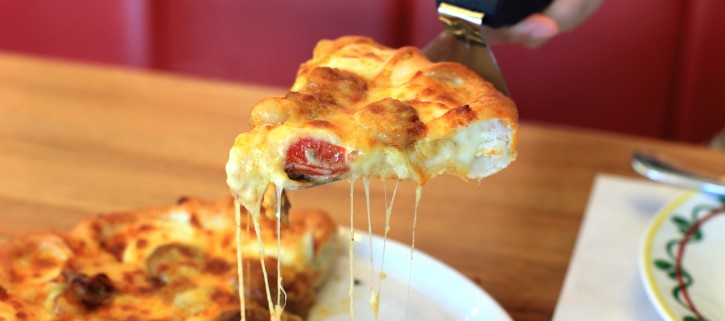Business Buying Horror Story: Pizza Parlor – He Did Not Do Any Due Diligence On Any Level
Pizza Parlor in San Fernando Valley, California: This is an interesting deal. “Joe” the recent purchaser had been in this business before, some years back. He also saw our Due Diligence 101 article on one of the Business for Sale websites. When asked why he did not hire us to do even a quick preliminary review of the purchase, he responded, “I really should have. I was stupid.” He realized that he really got taken to the cleaners.
When I asked again, “Why he didn’t contact us he explained “I figured the fee might be a lot of money and did not want to spend any more then I had to.” When I asked how much he thought it would cost he said, “I figured a few thousand dollars, but I didn’t even ask.” That falls under the old saying “An ounce of prevention is worth a pound of cure.” A better one might be “A fool and his money are soon parted.”
Restaurant Business Due Diligence
I think that part of the problem was that “Joe” had seven years ago sold a pizza place that he ran for twenty-two years in Burbank. He assumed he knew what he was doing. His wife made him get out of the pizza business seven years ago because he was unhappy, never home and was having physical problems. He went into real estate and hated it. When that fell apart and he decided to go back into what he already knew. He looked at a couple of dumps and then ran across this beautiful location that appeared from the financials to be breaking even with the owner only working part time. This appeared to be the perfect deal.
He bought the place for $235,000 thinking that 50% of annual sales was a fair price, and put $130,000 down. The money was borrowed as a second on his house. The seller carried back a loan for $105,000 and wanted the buyers house as collateral. “Joe” refused which was the only right action he took on this whole deal. “Joe” did not do any due diligence on any level, even with his pizza experience.
He never asked anyone what the going rate for pizza places was, which were not franchises. When he closed escrow in June 2008 he found that his sales were $30,000 per month rather then the sellers $40,000 per month. This was only the beginning of his trouble. The seller wiped out the sales and costing information in the point-of-sale (POS) computer, removed the recipe book from the store, and wrote the contract so that that normal seller warrantees did not apply. Basically he set the buyer up to fail.
Are there any Legal Ramifications?
The price paid for a profitable restaurant of this volume should have been $150,000 assuming the business was doing $40,000 per month and was making a profit, which it was not. It is now September 2008 and the buyer has owned the store for three months. The business is loosing $7,000 per month with the buyer working sixty hours or more a week. Now “Joe” wants to sue the seller for fraud but doesn’t have the cash necessary for legal fees. The paperwork “Joe” signed makes it clear, without even asking, that he didn’t have anything reviewed by an accountant, attorney or due diligence expert. The real estate broker who listed and sold the business did not help the buyer at all. He had a $23,000 commission at risk. Now we are trying to pick up the pieces after the barn door has been left open. I found where I could prove the seller committed fraud and violated the terms of this no warrantee deal. I figured out how to save the business if “Joe” wants to stay in the business. I successfully negotiated rent relief with the property management company which reduces the monthly loss substantially.
Doing due diligence could have prevented this!
Creative Commons Attribution: Permission is granted to repost this article in its entirety with credit to Business Buying Services and a clickable link back to this page.
Image credit: kimberrywood iStock








Leave a Reply
Want to join the discussion?Feel free to contribute!